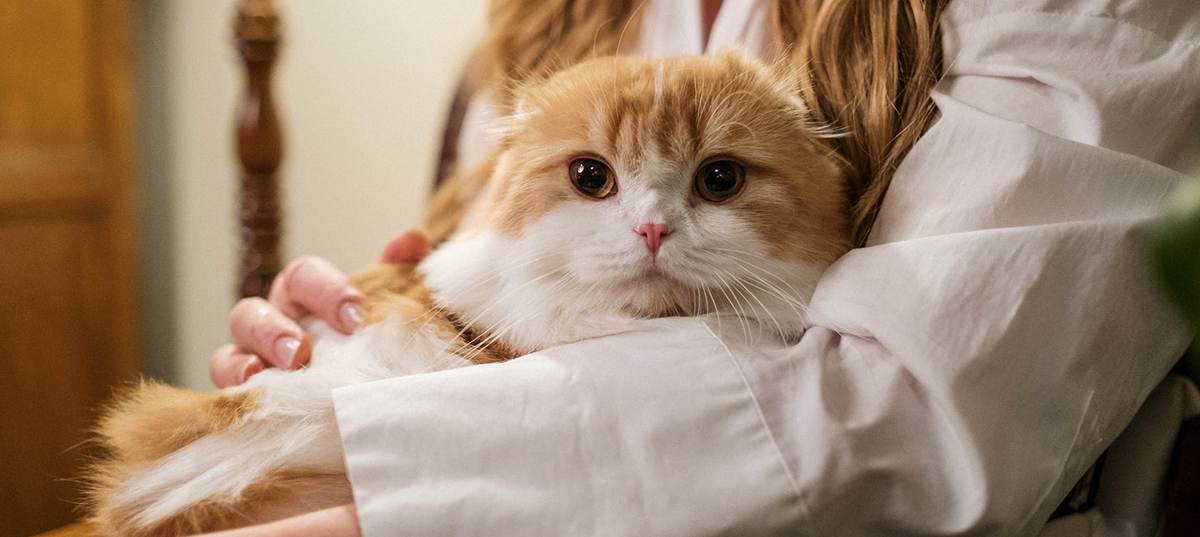Understanding the Sounds Your Cat Makes

December 2023
One of the nice things about life at South and Hickory place is that we allow our residents to have cats. And if you’re a cat owner, you’ve likely experienced the delightful symphony of sounds that your feline friend produces. From soft purring to loud meows, cats communicate with us using a variety of vocalizations that can be both charming and mysterious. To better understand your cat, here are some of the most common ones and what they can mean.
The Meow
It’s the most common sound associated with cats and it’s almost used exclusively to communicate with humans and not other cats. The meow means your cat wants your attention. Based on the context, it’s your job to figure out why. They could be hungry, want to be loved up, want access to the room you’re in, or need some play time. The frequency of meows indicates how important that need is. More meows means more important (at least to your cat).
Purring
One of the most soothing sounds a cat can make is the purr. That soft, throaty rumble most often means your cat is happy. When they curl up next to you, close their eyes, and produces a gentle purring sound, they are letting you know that they feel safe, relaxed, and content. Less common but important is that cats sometimes purr when they feel unwell or are injured. It’s believed that the vibrations produced by purring can promote healing by reducing pain and inflammation. So if you find your cat purring when you’re not loving them up, keep an eye on them to make sure they aren’t sick or injured.
Chirps and Trills
Cats learn these birdlike noises as kittens because mothers often use them to get kitten’s attention and follow her. Your cat may make these noises to get your attention when they’re feeling happy and playful.
The Hiss or Growl
There’s no mistaking the meaning behind a cat’s hiss. Used when they feel threatened or scared, it’s important to give a hissing cat space and allow them to calm down. Growling is beyond the hiss and means their fear or anger is extreme. Attempting to pet or comfort a growling cat can lead to unintentional scratches or bites.
Cat Chatter
You may have heard your cat chatter their teeth. This usually happens while looking out a window. Chatter is a cat noise thought to be an indicator of a cat’s predatory excitement and most triggered by seeing a bird or animal they’d like to hunt.
The Yowl
The yowl is a longer, drawn-out moan that indicates, worry, discomfort, or a territorial threat. When used with other cats, the yowl says, “I don’t want you in my space.” But it can also mean a cat isn’t feeling well or is bored. And in older cats, it can accompany a decline in their cognitive.
Remember that each cat is unique, and their sounds may vary in intensity and frequency based on their personality and experiences. By paying attention to your furry companion’s language, you’ll strengthen your bond and ensure a happier, more fulfilling life together in your cozy apartment. And if don’t have a cat but are you’re thinking of getting one, just contact the South and Hickory Place leasing office and we’d be happy to explain our pet policy.
